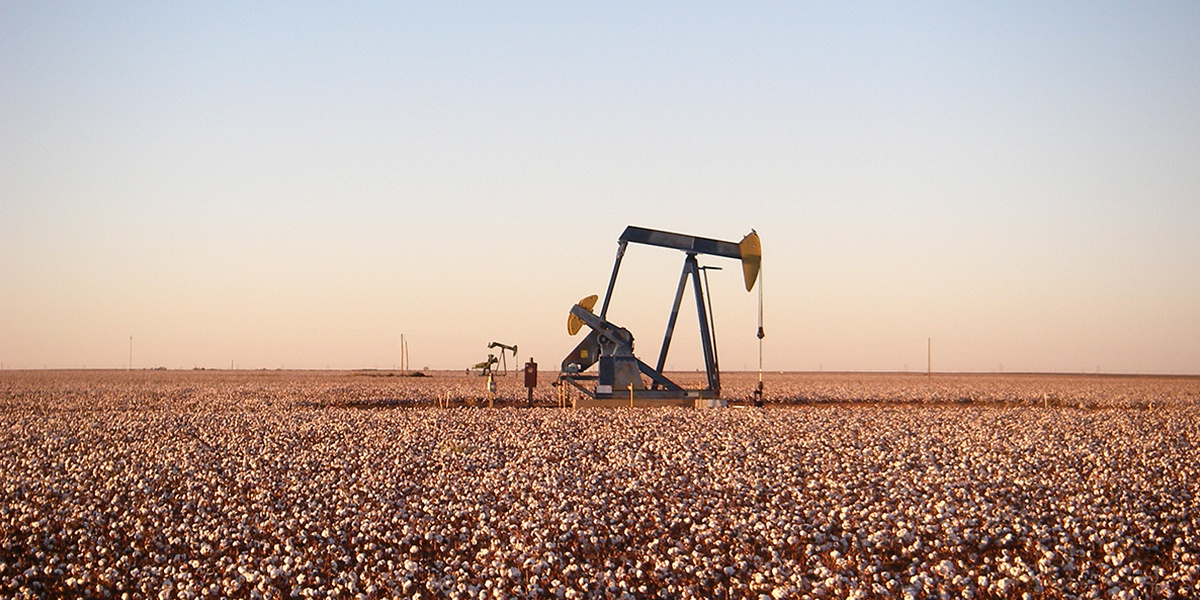

Kinder Morgan‘s Texas subsidiary has announced a $2 billion pipeline to transport natural gas from the oil-rich Permian Basin.
As the Houston Chronicle noted, this is Kinder Morgan’s first major project announcement since the Canadian government’s controversial $4.5 billion (U.S. $3.5 billion) buyout of the company’s existing Trans Mountain pipeline and its expansion project. The Trans Mountain expansion is expected to triple the amount of tar sands transported from Alberta to the coast of British Columbia and has been at the center of widespread protests by environmentalists and some Indigenous groups.
The proposed “Permian Highway Pipeline” is designed to transport up to 2 billion cubic feet of natural gas per day through approximately 430 miles of 42-inch pipeline from the Waha, Texas, area to the U.S. Gulf Coast and Mexico markets, a press release states. Partners include Blackstone Group-backed EagleClaw Midstream Ventures and the Apache Corporation.
The pipeline is expected to be in service in late 2020 and is “subject to the execution of definitive agreements and the receipt of construction permits,” the release says.
Production in the Permian shale field in western Texas has been booming. According IEA’s Oil 2018 forecast, global oil production capacity is expected to grow by 6.4 million barrels a day (mb/d) to reach 107 mb/d by 2023. Much of that growth is led by the U.S. due to oil produced from fracking the Permian, where output is expected to double by 2023.
However, there is currently not enough pipeline capacity to retrieve Permian oil, and that bottleneck has opened up opportunities for pipeline development in the region. Notably, President
Donald Trump’s pro-fossil fuel agenda means we could face a massive expansion of the U.S. pipeline network.
Earlier this month,
ExxonMobil and Plains All American Pipeline announced a joint pursuit to construct a multi-billion dollar pipeline that will transport more than 1 million barrels of crude oil and condensate per day from the basin to the Texas Gulf Coast. Motley Fool also reported that Epic Midstream has proposed a 440,000 barrel-per-day (bpd) crude oil pipeline in the region, and so has Magellan Midstream Partners, which has proposed a 600,000 bpd pipeline.
In recent years, natural gas has become America’s primary fuel to generate electricity, displacing coal. The energy industry has touted natural gas as the “cleanest” fossil fuel and a means to mitigate the effects of climate change. However, a recent study found that U.S. oil and natural gas operations release 60 percent more planet-warming methane than currently estimated by the U.S. Environmental Protection Agency. This suggests that ramping up shale gas production could be a real climate problem over time.
Kinder Morgan Pipeline Leak Two Days Before Trudeau Buyout Was 48 Times Larger Than First Reported https://t.co/krTFLOq5hI @dhlovelife @TarSandsAction
— EcoWatch (@EcoWatch) June 11, 2018

 233k
233k  41k
41k  Subscribe
Subscribe 